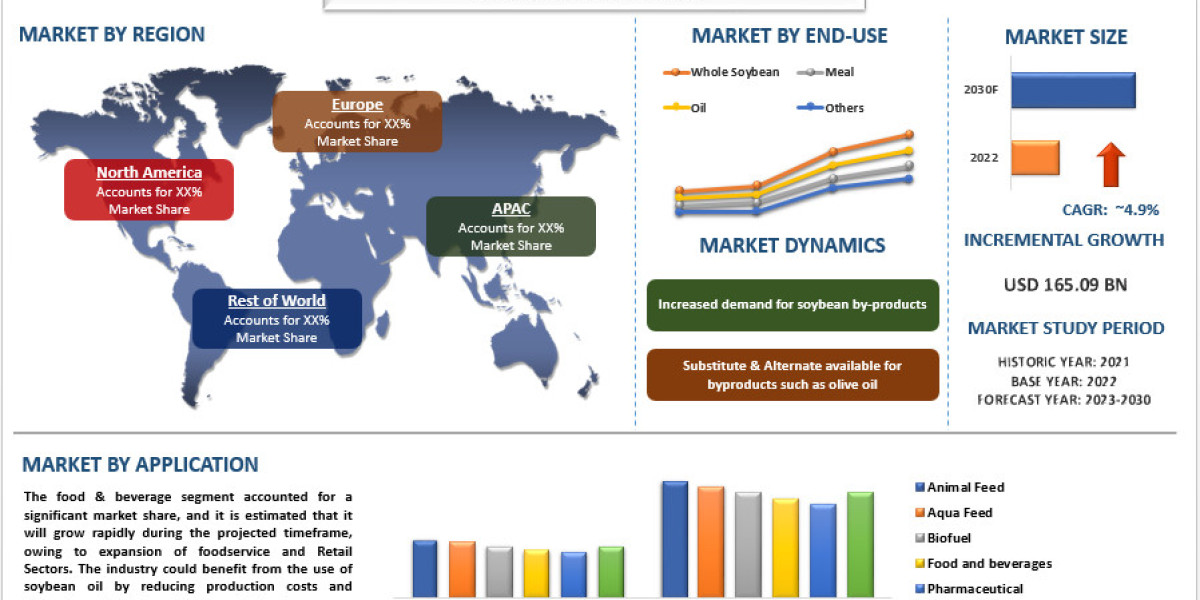setting standards for quality, safety, and ethical business practices. From retail to manufacturing, each industry has its unique set of requirements that govern the issuance and management of trade licenses. Let’s explore how trade licenses differ across sectors, with a particular focus on specific types such as the BBMP trade license, BEE registration, GeM registration, and licenses for pesticide businesses.
Understanding the Basics of Trade Licenses
A trade license is a certificate issued by a regulatory authority, allowing businesses to carry out their operations within a designated jurisdiction. The license aims to maintain a standard of safety, hygiene, and quality in the industry. While the concept of a trade license remains the same, the specifics differ widely depending on the nature of the business and industry regulations. Requirements for acquiring a trade license include submitting documents such as proof of business premises, identity verification, and applicable industry certifications.
BBMP Trade License for Local Businesses
In metropolitan cities like Bengaluru, the Bruhat Bengaluru Mahanagara Palike (BBMP) issues trade licenses for a variety of businesses. The BBMP trade license is mandatory for businesses operating within the city limits, including retail shops, restaurants, and manufacturing units. This license ensures that establishments comply with local guidelines regarding safety, sanitation, and structural stability.
To apply for the BBMP trade license online, business owners need to submit their business registration documents, layout plans, and details about the type of activities they intend to conduct. The online application process allows for quick submission and easier tracking of the status of the license. Different business activities have distinct fee structures, making it essential for applicants to understand the category their business falls under.
GeM Registration for Government-Linked Businesses
The Government e-Marketplace (GeM) platform facilitates procurement for government departments and public sector organizations. Businesses interested in supplying goods or services to the government must complete the GeM registration process to gain access to the platform. This registration is particularly crucial for industries involved in manufacturing, wholesale trade, or service delivery.
GeM registration online involves submitting a set of documents, including proof of business registration, tax-related certificates, and quality certifications, depending on the products or services being offered. GeM ensures that government purchases are made from licensed, certified suppliers, which helps maintain transparency and quality in public procurement processes. Industries involved in manufacturing products like office supplies, electrical equipment, and information technology services find the GeM platform highly beneficial.
BEE Registration for Energy Efficiency Compliance
In the manufacturing sector, energy efficiency is of paramount importance, especially as industries work toward reducing their carbon footprint. The Bureau of Energy Efficiency (BEE) plays a crucial role in ensuring businesses in energy-intensive sectors meet energy performance standards. BEE registration is required for industries like electrical appliances, automobiles, and construction materials, where energy usage and efficiency directly impact the environment.
The process of obtaining a BEE certificate registration varies depending on the type of business and the product category. Companies are required to submit data on energy consumption, product specifications, and testing reports. BEE registration ensures that products meet minimum energy performance standards, promoting efficient energy use across industries. For businesses involved in producing refrigerators, air conditioners, or any appliances with high power usage, BEE registration is not only essential for legal compliance but also serves as a competitive advantage in the market.
Trade Licenses in the Pesticide Industry
The pesticide industry, given its potential impact on human health and the environment, is subject to stringent regulations. Businesses involved in the manufacturing, distribution, or sale of pesticides are required to obtain a pesticide license to operate legally. This license is critical to ensure that only safe and approved chemicals are being produced and distributed, as well as to track the use of harmful substances.
Applying for a pesticide business license involves fulfilling several conditions, including documentation on the chemical composition of products, toxicity reports, and adherence to safety protocols. Regulatory authorities may also require inspections of facilities to ensure compliance with safety and environmental guidelines. This process helps maintain public health and environmental safety, minimizing the risks associated with pesticide production and use.
Key Differences in Trade Licenses by Industry
The scope and requirements of trade licenses vary widely based on the industry’s focus and potential risks. Here’s how different trade licenses cater to specific industry needs:
- Retail and Hospitality: Businesses in retail or hospitality, such as restaurants, hotels, and shops, generally require trade licenses from local municipal authorities like the BBMP in Bengaluru. These licenses ensure compliance with hygiene standards, building codes, and fire safety regulations. The application process is often straightforward, involving local inspections and document verification.
- Manufacturing: Manufacturing industries require more specialized licenses, like the BEE registration, to comply with energy efficiency standards. These businesses often need to prove their adherence to environmental guidelines, quality standards, and safety protocols. For instance, in the automobile industry, BEE certification helps ensure that vehicles meet specific fuel efficiency and emission norms, promoting sustainable development.
- Government-Linked Services: For businesses that provide goods or services to government entities, completing the GeM registration is essential. The process is designed to ensure that government purchases are made from certified suppliers, who meet the necessary standards of quality and compliance. This type of registration helps reduce procurement costs and ensures that government departments receive high-quality goods and services.
- Chemical and Pesticide Industries: These sectors require licenses that address specific safety and environmental concerns, such as a pesticide license. The chemical compositions of products must comply with national safety standards, which are rigorously monitored by regulatory bodies. This licensing process is comprehensive, involving multiple inspections and adherence to strict storage and handling protocols.
- Energy-Intensive Industries: BEE registration is critical for industries that are heavy energy users, like appliance manufacturers and construction firms. BEE licenses ensure that companies meet energy performance criteria, helping to reduce overall energy consumption and contribute to sustainability goals.
The Importance of Compliance Across Industries
Regardless of industry, trade licenses play a vital role in standardizing operations and ensuring that businesses align with regional, national, and industry-specific regulations. Not only do these licenses safeguard consumers by holding businesses accountable, but they also create a fair marketplace where companies adhere to consistent quality and safety measures.
From BBMP trade license online applications to GeM registration online, digital platforms have made it more convenient for businesses to apply for and renew their licenses. This modernization reduces paperwork, streamlines application procedures, and helps businesses stay compliant without excessive administrative burdens.
Conclusion
The differences in trade licenses across various industries reflect the unique regulatory requirements and compliance needs of each sector. By obtaining the appropriate licenses, businesses can operate legally, gain consumer trust, and align with environmental and quality standards. Whether a business is applying for a bee certificate registration to promote energy efficiency or seeking a pesticide business license to meet safety standards, these licenses ensure that industries operate responsibly and sustainably. Understanding the specific requirements for trade licenses in your industry is crucial for both regulatory compliance and long-term success.








